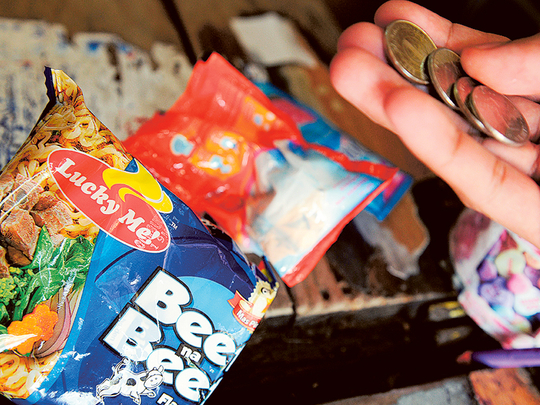
Manila: Amid a rise in the number of tourists visiting from Muslim countries, the Philippines is planning to develop its own halal industry to cater for this segment of travellers.
According to sources, two government agencies, the National Commission on Muslim Filipinos (NCMF) and the Department of Tourism (DOT) are discussing issues related to developing the country’s halal industry to cater to tourists trying out local food offerings in hotels and restaurants.
Currently, although the Philippines is developing its halal industry, offerings are limited to ready to packaged food and food mixes, as well as meats slaughtered using approved practices.
“There is a great potential for the Philippines in the halal industry,” NCMF Secretary Yasmin Busran-Lao said during a recent meeting with DOT Secretary Ramon Jimenez, Jr and other officials.
The Philippines is a majority Christian country. However, in recent years, the country has been embracing the trend towards catering to the specific food needs of local Muslims.
Halal food is difficult to come by in certain areas of the country, except in majority Muslim areas and enclaves.
At many hotels and restaurants, there is hardly any halal food available on the menu.
“The many guests coming from the Arab and other Muslim countries who are visiting the country would always look for halal establishments for their gastronomic fills,” Busran-Lao said.
“It is quite uncomfortable when they find no halal establishments here to meet their needs. Despite the large Muslim population in the country, there is difficulty in finding halal food and places to perform Islamic prayers,” she said.
Busran-Lao also said that, given the potential of improving the local restaurants, hotel and hospitality and food industry to cater to Muslims, the government should provide incentives to establishments.
“There should be financial inducements, subsidy with payout schemes. This way, we will have no difficulty convincing the other sectors to support our initiatives. As a matter of fact, with this scheme, when they see the opportunities present in this industry, they will readily involve themselves.”
She mentioned the case of Thailand which, like the Philippines is a non-majority Muslim country.
“Thailand is a non-Muslim country but it ranked second among Muslim-friendly tourist destinations [non-OIC countries] in the world by the Global Muslim Travel Index this year,” she said.
Jimenez said the tourism department will be coming out with a plan by April 2016 to integrate halal cuisine in the local food industry.
“There will already be a number of halal certified establishments in the areas of Manila, Makati, Davao and Cebu, by then,” he said.












